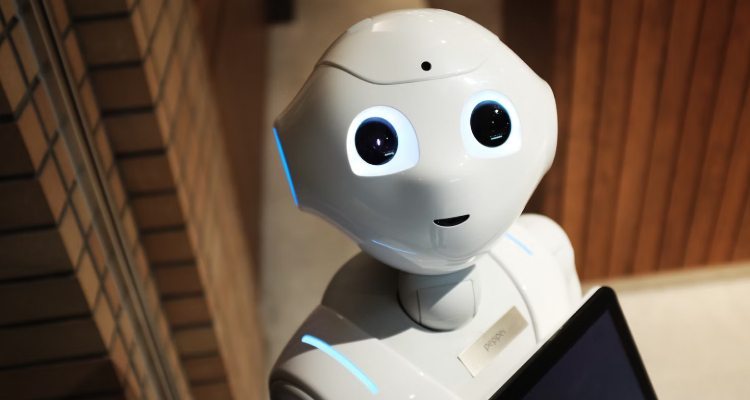
Welcome to the new frontier of aviation: an era where technology and innovation are merging to revolutionize the way we fly. From electric planes to Artificial Intelligence (AI) in air traffic management, the sky is no longer the limit but the playground for technological advancements. In this comprehensive guide, let's explore the imminent changes in aviation and how they promise to make flying faster, safer, and more sustainable than ever before.
The Dawn of Electric and Hybrid Aircraft
Say goodbye to gas-guzzling engines; the future is electric. Pioneers like Tesla and startups such as Zunum Aero are redefining the future of aviation with the development of electric and hybrid aircraft. These eco-friendly options aim to reduce greenhouse gas emissions while also lowering operational costs.
The Role of Artificial Intelligence (AI)
AI is not just for self-driving cars. It's making its way into air traffic control rooms and cockpits alike. Through machine learning algorithms, AI systems can optimize routes in real-time, enhance safety protocols, and automate repetitive tasks, thereby freeing human operators to focus on more critical aspects of flying.
Virtual Reality (VR) in Pilot Training
Pilot training has always been rigorous, but VR is adding an entirely new dimension. VR-enabled training programs allow pilots to simulate a wide range of scenarios, offering a safe and more effective method of training.
3D Printing: Changing Aircraft Manufacturing
3D printing technology is a game-changer for the aerospace industry. Manufacturers can now produce lighter and stronger components at a fraction of the cost and time. This technological leap not only makes aircraft more efficient but also significantly reduces manufacturing emissions.
Biometrics for Enhanced Security
Biometric security measures like facial recognition and fingerprint scanning are becoming mainstream at airports around the globe. These measures not only speed up the boarding process but also add an extra layer of security.
Hyperloop and Its Impact on Aviation
Although not a plane, the concept of hyperloop transit poses a challenge to short-haul flights. By achieving speeds of up to 760 mph, hyperloop could make certain domestic flights obsolete, pushing the aviation industry to focus on longer, more efficient routes.
Frequently Asked Questions
How far away are electric planes?
Major aviation companies are investing heavily in electric technology, with the hope that small electric planes will become commercially viable by the end of this decade.
Is AI safe for aviation?
As AI systems are subjected to rigorous testing and built with multiple fail-safes, the industry aims for AI to be a supplement to human skills, not a replacement, thus enhancing overall safety.
How will the future of aviation impact ticket prices?
Technological advancements could drive down operational costs, potentially making air travel more affordable in the long run.
Conclusion
The future of aviation is bright, powered by technological advancements that promise to make flying more efficient, more sustainable, and more enjoyable. While many of these innovations are still in developmental phases, their potential impact is truly sky-high. Fasten your seat belts, because the future of aviation is about to take off!
